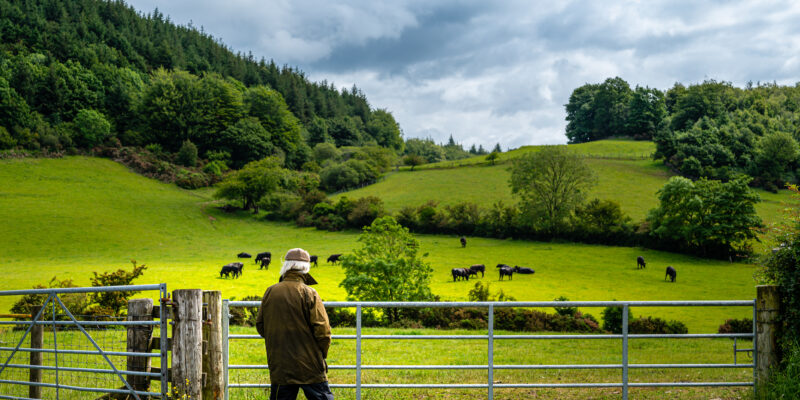A working farm can host a multitude of dangers and presents risks to even the most skilled and seasoned professional. Landowners should be aware of their duties and liabilities, particularly when they are an employer or are taking on seasonal, temporary or contracted workers.
Employees
Employers are liable for the acts or omissions of employees in the course of their duties by virtue of the doctrine of vicarious liability. Vicarious liability applies when a two-stage test is met:
1. Is there a relationship of employment?
2. Was the negligent act in the course of the employee’s duties?
For example, an employee operates farm machinery unsafely and, as a result, causes injury to a neighbour and damages their property. The landowner, being the employer, could be liable for the negligent acts of the employee where the damage and injury arises as a direct result of the employee’s task.
Landowners who delegate oversight to a farm manager may also be at risk notwithstanding that the instruction for the work has come from the manager and not from the landowner direct.
Seasonal, temporary or contracted workers
In addition to employees, it is important to consider the implications of hiring seasonal or temporary workers, or self-employed contractors. Where the relationship in question is ‘akin’ to that of employment (for example, if the ‘employer’ exercises a high degree of control in respect of the work) vicarious liability might still apply. That is particularly important where, in respect of season or temporary workers, they may not be as familiar with the farm machinery or operations.
In respect of self-employed contractors, good practice would be to ensure that they have their own public liability insurance in place. It is also advisable to be in contact with your own insurance provider to ensure that you are adequately covered. Employers are obliged to have employer’s liability coverage in place, but public liability coverage is also strongly recommended.
Best practice to consider includes:
1. Reviewing personal insurance cover and ensuring contractors have adequate cover in place;
2. Providing training, updates and practice guides where applicable;
3. Providing clear instructions and scope for roles and tasks;
4. Conducting risk assessments and risk management on the farm;
5. Collating the appropriate documentation and keeping an accurate paper trail; and
6. Conducting reviews where appropriate, whether annually or by spot check.
We understand a working farm can be a complex environment to operate within. Therefore, if you have any queries regarding landowner’s liability, please do get in touch with our Land & Rural Business team.


